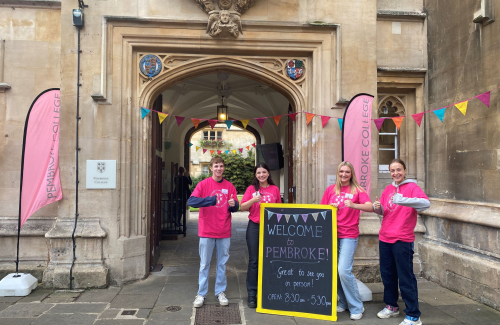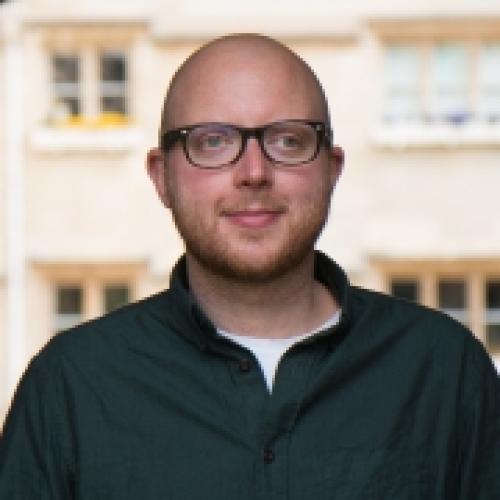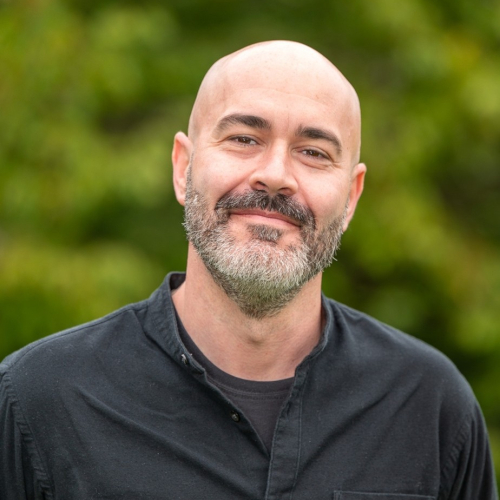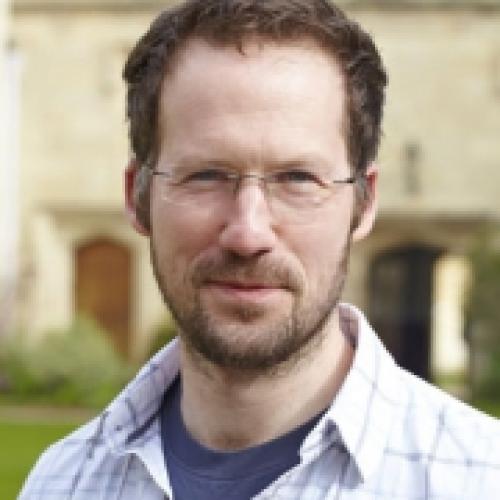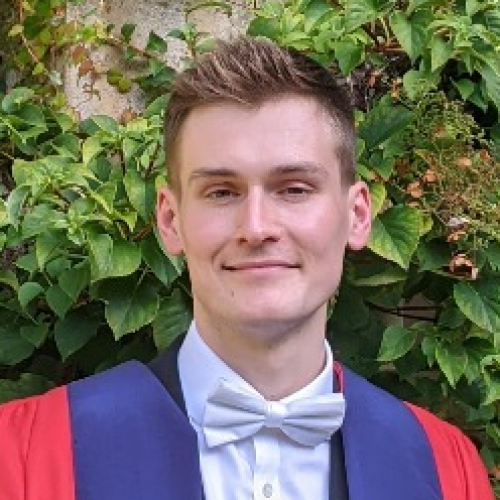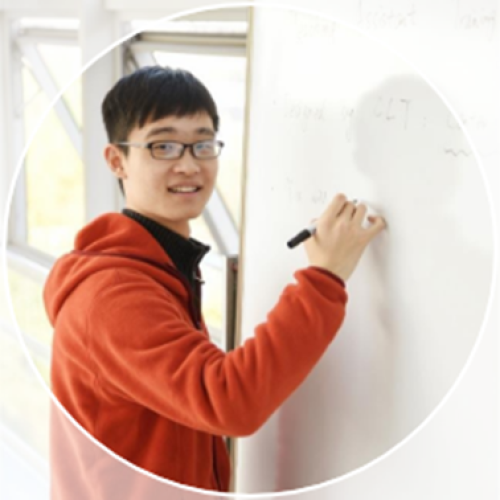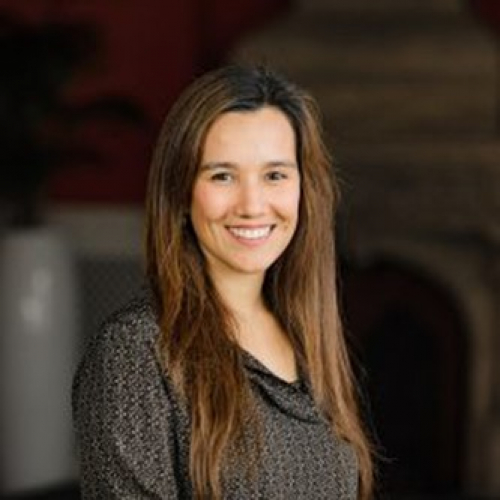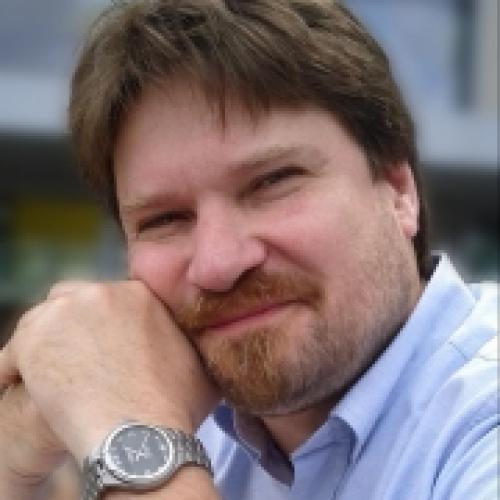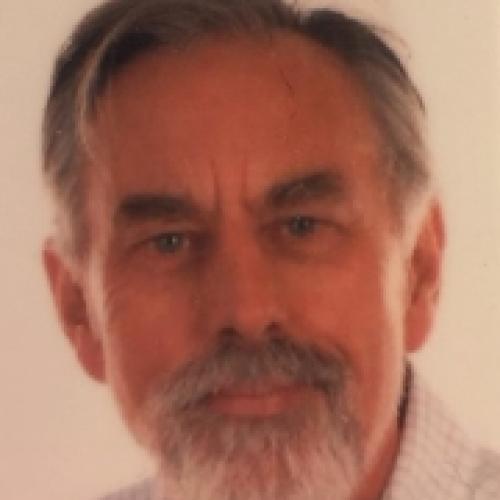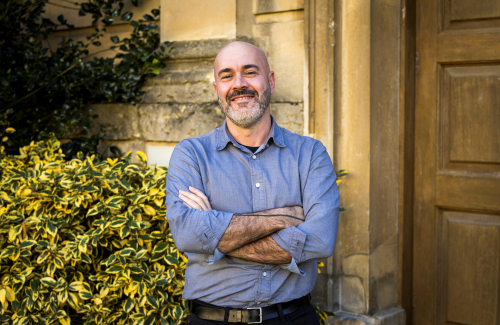Engineering
Why Choose Pembroke?
Our tutors are actively engaged in advancing their own research in areas ranging from artificial intelligence and autonomous robots, to the behaviour of materials. All of your tuition is provided within the College, aside from specialised subjects later in the course.
In addition to the plethora of department initiatives such as Formula Student, Team ORlon, OxRam and the Women in Engineering Society, Pembroke organises events through the year which bring together engineering students across all years.
- Successful engineers need an enthusiasm for the subject, coupled with a strong academic record in maths and physics. It is also helpful to have had practical experience in solving real-life engineering problems. We look for applicants who have creative ability, and who will ultimately contribute to and influence society.
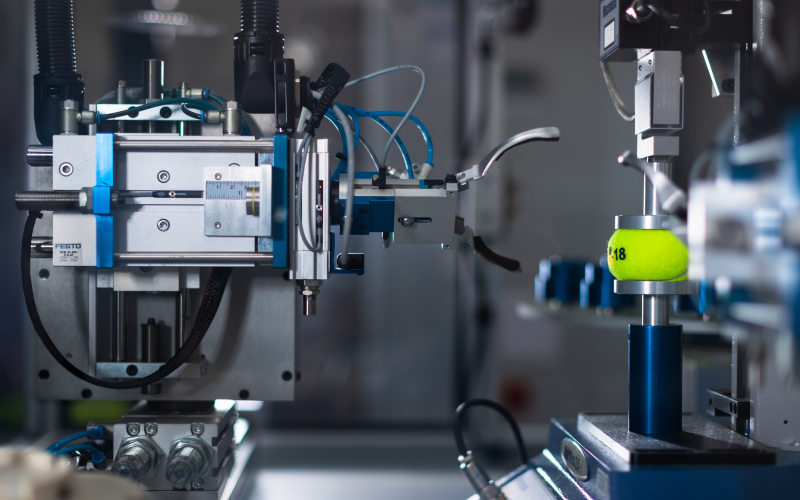
Meet Our Academics
What our students say
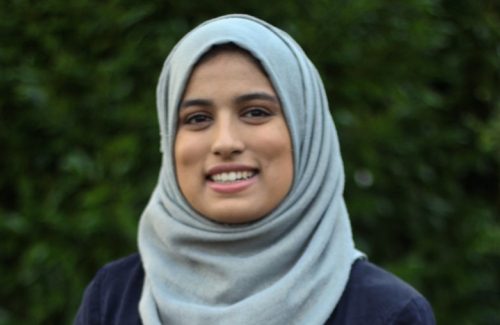
The original reasons why I chose Pembroke have regularly stood out to me throughout my time here, such as the architecture, the engineering tutors, the halal food and the accommodation. Moreover, I hail from a small, homely town in Surrey so truthfully the life and community at Pembroke didn’t feel a world away from home.
Hedges Prize
-
The Hedges Prize was founded in memory of John Hedges of Westcliffe-on-Sea an, Engineering Science undergraduate of the College.
- It is awarded on the Tutors’ recommendation to the Engineering Science undergraduate judged to have contributed most to the corporate life of the College.
The Paul Martins BP Prize
-
This scholarship will be awarded on the Tutors’ recommendation to an Engineering student achieving the best result in Part I Engineering Final
Engineering
Why Choose Pembroke?
Our tutors are actively engaged in advancing their own research in areas ranging from artificial intelligence and autonomous robots, to the behaviour of materials. All of your tuition is provided within the College, aside from specialised subjects later in the course.
In addition to the plethora of department initiatives such as Formula Student, Team ORlon, OxRam and the Women in Engineering Society, Pembroke organises events through the year which bring together engineering students across all years.
- Successful engineers need an enthusiasm for the subject, coupled with a strong academic record in maths and physics. It is also helpful to have had practical experience in solving real-life engineering problems. We look for applicants who have creative ability, and who will ultimately contribute to and influence society.

Meet Our Academics
What our students say

The original reasons why I chose Pembroke have regularly stood out to me throughout my time here, such as the architecture, the engineering tutors, the halal food and the accommodation. Moreover, I hail from a small, homely town in Surrey so truthfully the life and community at Pembroke didn’t feel a world away from home.
Hedges Prize
-
The Hedges Prize was founded in memory of John Hedges of Westcliffe-on-Sea an, Engineering Science undergraduate of the College.
- It is awarded on the Tutors’ recommendation to the Engineering Science undergraduate judged to have contributed most to the corporate life of the College.
The Paul Martins BP Prize
-
This scholarship will be awarded on the Tutors’ recommendation to an Engineering student achieving the best result in Part I Engineering Final
